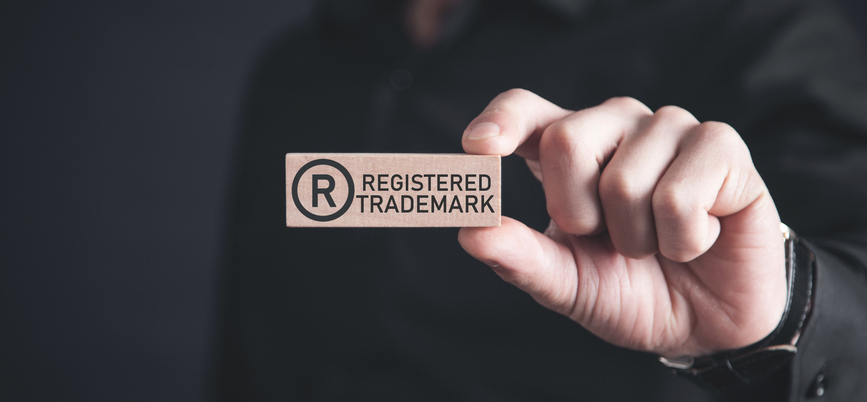In the UK, a trade mark can be considered to be registered in “bad faith” if an individual or company acts with dishonesty which falls below commercial standards.
The term “bad faith” has quite a broad definition but acts as a way to prevent companies and individuals from holding marks they either don’t use or have specifications so wide that they stop other companies from being able to register marks that otherwise would be acceptable. Sky v Skykick is a long-running case, which started in 2016, where Sky brought action against Skykick on the basis that Skykick’s application was too similar to Sky’s own marks. However, in response, Skykick challenged the validity of Sky’s trade marks based on the “bad faith” argument.
Since then, the case has gone through various hearings in which the courts have considered what constitutes “bad faith.” In a preliminary ruling, the ECJ stated that a mark could be declared invalid for “bad faith” if the owner did not intend to use it for certain services they had applied for. However, there would only be “bad faith” if the owner had made the application with the intent to register the mark dishonestly to prevent a third party from being able to apply in a similar way. The ECJ concluded that only the goods and/or services that were applied for in “bad faith” would be removed, rather than the whole mark being deleted. The court probably came to this conclusion because sometimes an applicant might include goods/services in its trade mark specification with a genuine intention to offer them in the future but, for one reason or another, ends up not doing so.
The High Court then heard the case and held that some of Sky’s marks were partially invalid for “bad faith” as Sky was trying to obtain rights for areas they did not function in and had no intention of entering into in the near future. Goods such as “bleaching preparations”, “insulation materials”, and “whips” were removed from the specification for Sky’s mark and “computer software” was trimmed down.
This was an important decision because it is not uncommon for applicants to try to make their specifications as wide as possible when filing trade mark applications – so this decision had the potential for hundreds of people to bring claims upon existing marks.
The Court of Appeal later overturned the High Court’s ruling, concluding that there was a prospect of the Sky using the mark in relation to “computer software” because of the wide nature of its operations. The court also stated that there is no requirement for trade mark owners to limit their goods and/or services to avoid a general description.
However, Skykick applied to the Supreme Court which must now decide what the test is for determining “bad faith” under section 3(6) of the Trade Marks Act 1994 and what should be the correct approach when deciding whether wording in a specification should be allowed to maintain.
Whilst “bad faith” is still a developing area of law, the Supreme Court’s decision in Sky v Skykick will hopefully give some clarity over what is acceptable. However, whilst we wait for an explanation, it acts as a reminder that brands should be careful when making applications by ensuring that their mark is an accurate representation of the goods and/or services they provide and that they are not unnecessarily blocking other applicants from proceeding with their applications.
Updates as of 13 November 2024
The Supreme Court have now released their judgment allowing Skykick’s appeal and concluding that the test set out by the Court of Appeal in this case was too rigorous (i.e. the bar that needs to be reached to demonstrate bad faith has been lowered). Within their judgment, they provided some clarity on the approach that should be given, which can be split into three key points:
- Although an inference of “bad faith” can be found through filing a broad specification, this does not mean that every broad specification will amount to “bad faith”. The circumstances will need to be reviewed on a case-by-case basis, and this can include reviewing the size of the specification in relation to the scale of the business. However, larger businesses will not be able to maintain a broad specification just because they are more widely known and should still be able to provide a suitable explanation if challenged.
- If there are sub-categories within a broad specification, they can be partially held as invalid. This will help to prevent an applicant from being able to retain a registration in situations where they have used a broad description to group together goods/services they will use, with ones they had no intention to use.
- Although the burden of proving an application is made in “bad faith” falls to the party bringing the claim, they should not be asked to identify ways the applicant should restrict their goods/services or suggest wording that the applicant should have applied for (as they would not be able to do so accurately). The applicant of the mark should be able to provide an explanation as to why they think their specification is acceptable, using evidence of their goods/services if necessary.
As a result of the Supreme Court’s decision ,which provides some much needed clarity, there is likely to be an increase of successful “bad faith” claims because the owners of existing marks with broad specifications may not be able to demonstrate their intention to use all the goods/services at the time of application. Going forward, it will be important for any business registering a new trade mark to take extra care when drafting their specification to ensure that they can explain their rationale for everything included, and demonstrate their intention to use the marks in all of the listed goods and services.
If you have any questions as a result of this article, please contact [email protected]

